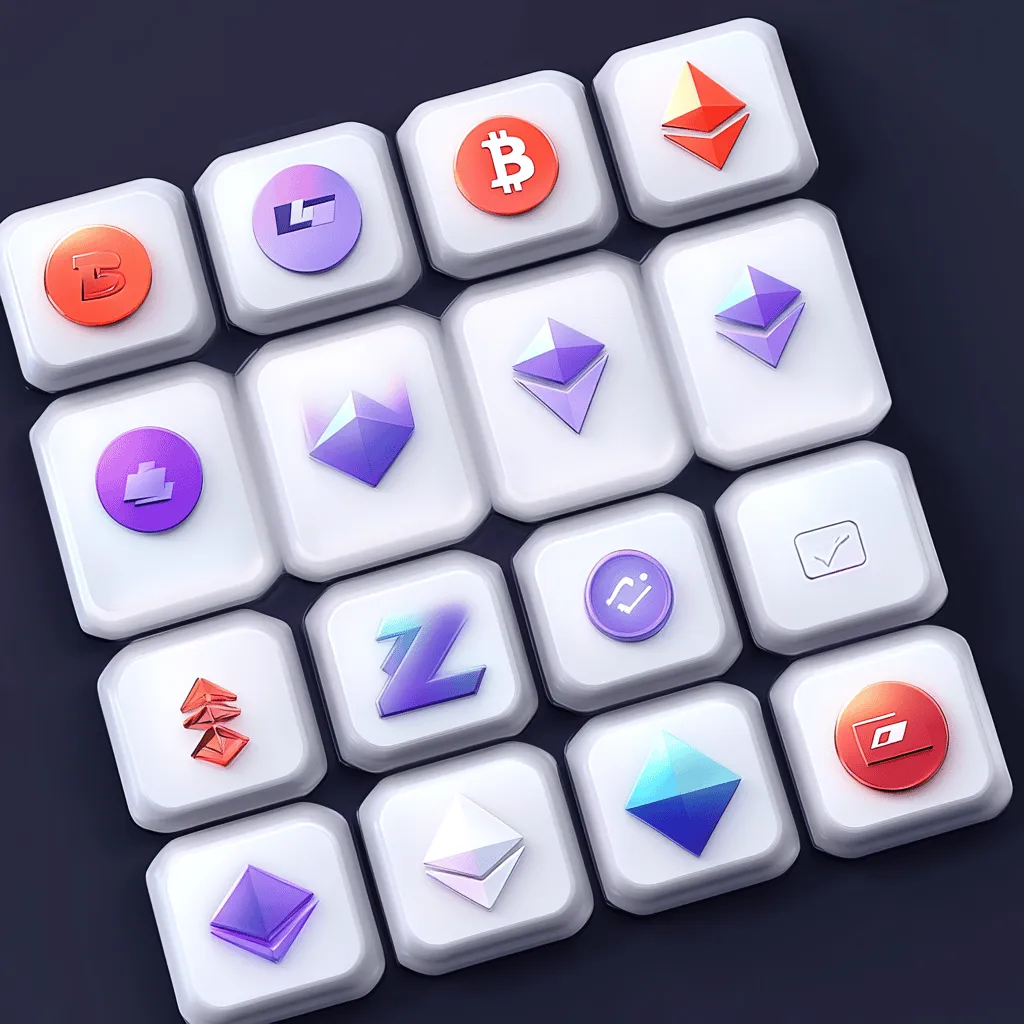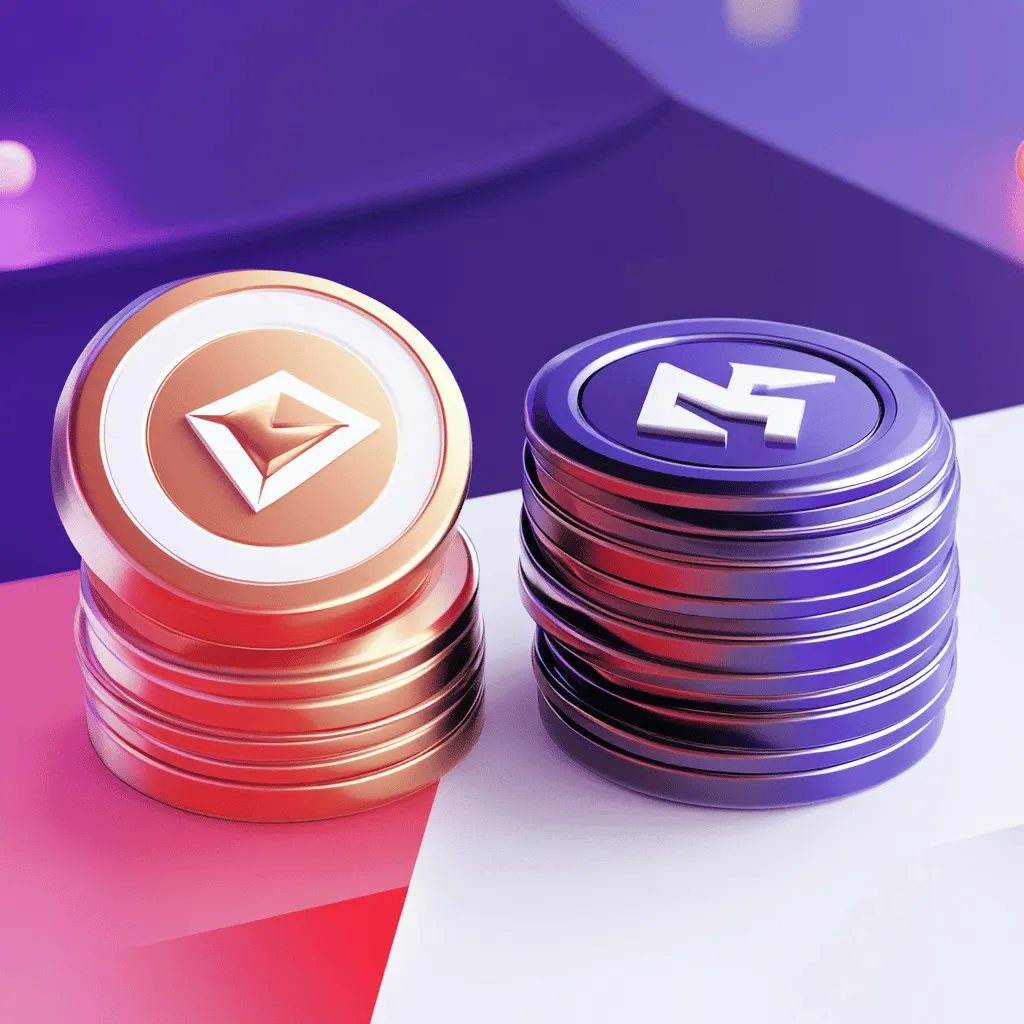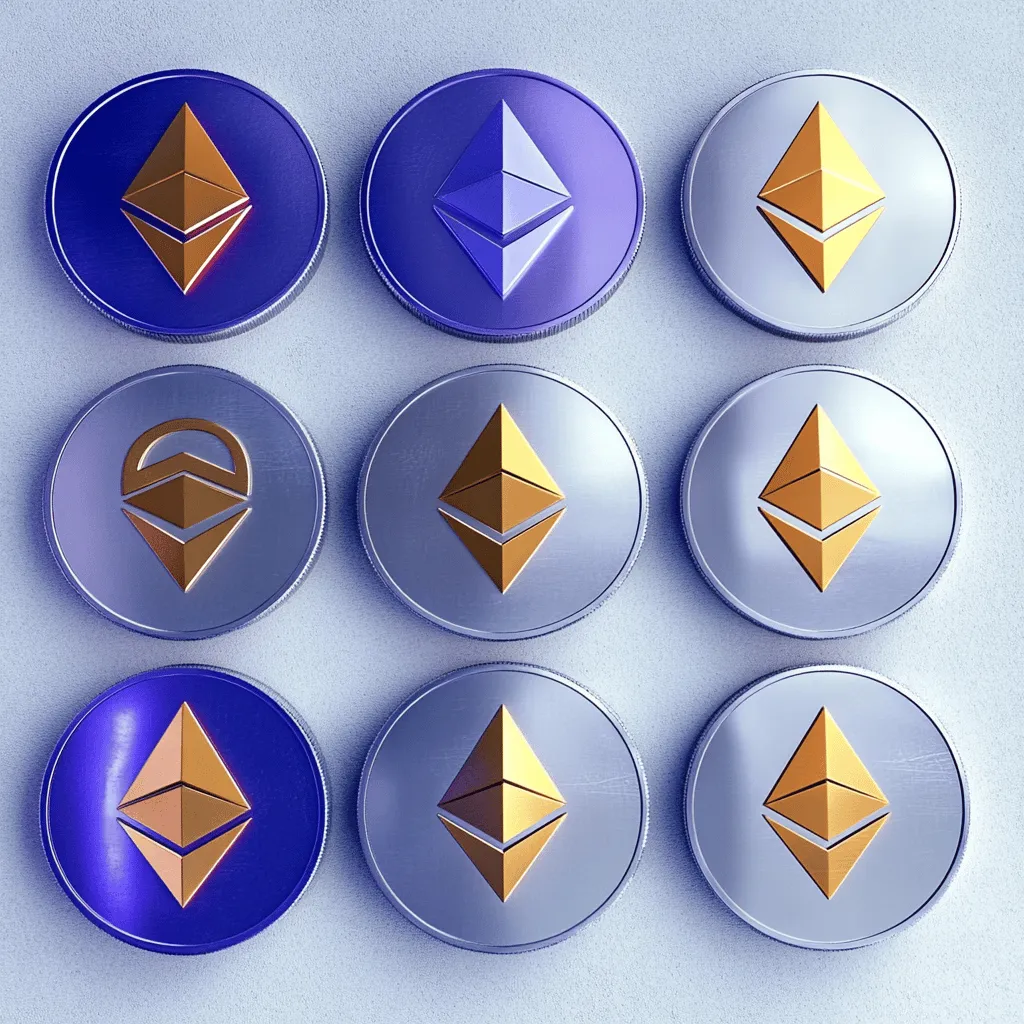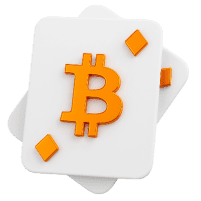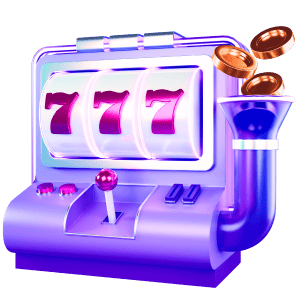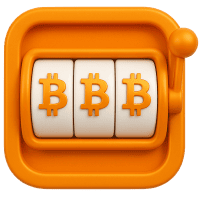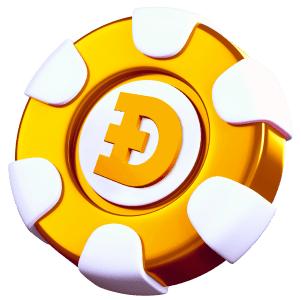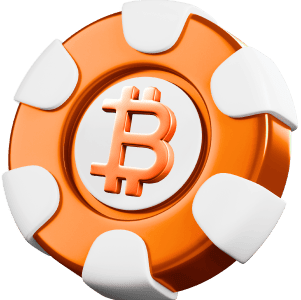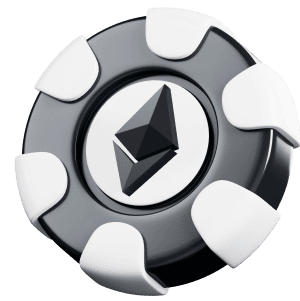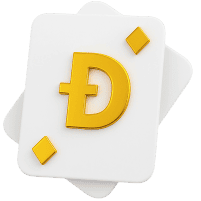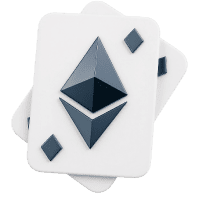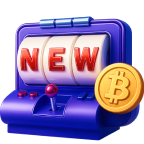Polygon Matic is an L2 scaling solution for Ethereum that provides faster transaction speeds and lower fees than the core network. Blockchain developers are hard at work, the ecosystem is expanding, and the race between sidechains is in full swing.
In this article, we will explain how the protocol works and compile the best DeFi apps on Polygon that every investor who plans to invest in crypto projects needs to know about.
What is a Polygon app?
Polygon (formerly known as Matic Network) is a second-tier Ethereum scaling platform that allows developers to build and deploy decentralised applications (dApps), taking advantage of higher transaction speeds and lower costs compared to the main Ethereum network. With the apps, you can buy and sell different types of assets. There is the ability to monitor the current status of your account and investment portfolio in real time, allowing you to make more informed decisions. In addition to the ability to trade, Polygon apps provide a notification and monitoring system so that you can realise your assets at the best possible price.
The main features of Polygon Ethereum:
- Scalability. The platform uses mechanisms such as Plasma and Rollups to process a large number of transactions outside of the main Ethereum network, reducing the load on the blockchain and speeding up transactions.
- Ethereum Virtual Machine Compatibility. Polygon is fully compatible with the Ethereum Virtual Machine, which means developers can easily migrate their smart contracts to Polygon dApp from Ethereum without significant code changes.
- Low transaction fees. Since Polygon is a second-tier solution, it has lower fees than the mainstream blockchain network.
- Security. Despite the fact that all transactions are conducted outside the main blockchain network, they remain secure. The protocol provides a mechanism to verify all transactions on the chain.
- Support for multiple chains. Polygon supports several types of chains, including custom sidechains and optimised solutions for specific tasks.
Polygon has become popular among developers due to its ease of use and ability to quickly create and deploy dApps.

If you are considering Polygon dapp as a way to invest, you should spend some time analysing your options. You need to evaluate what commissions the protocol offers, how much you expect to pay, which project deserves more attention, and which ones you should consider later. Be sure to analyse the risks and the potential profit margin. Check how you can deposit and withdraw funds. Some projects provide training, so you can start investing without much initial knowledge of cryptocurrencies and decentralised applications.
Polygon Trading Introduction
As the cryptocurrency market evolves, the 2025/26 trading opportunities provide an exciting horizon for experienced investors and those just getting to know the industry. Polygon, a well-known Ethereum scaling platform, has shown rapid growth and innovation. Early in 2025, you can buy assets that will show significant growth in value and appreciation in the long run.
The second half of 2024 has laid the foundations for the transformation and remarkable growth of the cryptocurrency market. One of the key moments in changing attitudes towards crypto assets was the US election and the legalisation of cryptocurrency and its use as a government reserve. One of the key areas of focus in 2025 will be Ethereum scaling solutions. At the forefront of this movement is Polygon (MATIC), a robust platform that improves the efficiency and scalability of Ethereum. Polygon is becoming an important player, enabling various blockchain infrastructures such as Optimistic Rollup chains and ZK Rollup chains.
In 2025, the trend towards clarity in industry regulation is expected to continue, making the industry more transparent and credible to large investors. As attitudes towards DeFi projects and various protocols improve, the value of these assets will increase. The opportunity to explore Polygon Web3 and find those applications that will bring a return on your investment should not be missed. Stay tuned for our updates as we dive deeper into specific trading opportunities in the Polygon ecosystem, paving the way for potentially lucrative investments.
Polymarket
Polymarket is a predictive markets platform based on the Ethereum blockchain. On it, stocks can be traded based on the outcome of real-world events. The protocol utilises blockchain technology and smart contracts to provide customers with a transparent and convenient environment to earn money on their bets.

Polymarket clients can buy and sell shares in the outcome of events on a wide variety of topics, from the winner of the Super Bowl to how the US presidential or congressional elections will end. Prices for shares are determined by supply and demand, which shows the real attitude of society to the designated issues.
On the platform, the probability of occurrence of each event is recorded in dollar terms. For example, if Polymarket believes that Liverpool will win the Champions League with a 65 per cent probability, the asset will cost $0.65. If you buy it and the team wins the tournament, the bet will bring $1. If you choose the opposite outcome, with a probability of 35% (bet 0.35), you will get nothing.
In Polymarket you can use not only the orders offered by the platform, but also place your own. For example, a client can place a limit order for a Liverpool win at 0.40, hoping that some event will occur that will lower the odds. If this happens, the order will be executed at 0.40, rather than 0.65 as originally indicated. In this case, the potential profit will be higher.
The main features of the platform are:
- Decentralisation. All transactions take place on the blockchain, which ensures transparency and protection from manipulation.
- Accessibility. Anyone can participate in the markets without requiring registration or identity verification.
- Wide range of orders. On Polymarket you can create markets on almost any topic, from politics to weather.
- Forecasting the future. The platform provides an opportunity to receive information about what events are considered the most probable, based on the collective opinion of participants.
Polymarket is an interesting tool for those who want to not only bet on an event, but also get an idea of how society views the likelihood of its occurrence.
QuickSwap
QuickSwap is a decentralised exchange (DEX) based on the Polygon network (formerly known as the Matic Network). It was created as an alternative to exchanges such as Uniswap to operate on networks with low fees and high transaction speeds. QuickSwap allows users to exchange ERC-20 tokens directly through smart contracts, bypassing intermediaries.

This protocol provides clients with the familiar DeFi operations – swaps, liquidity provisioning, staking and farming. In addition to the basic functions, QuickSwap has additional features that allow it to stand out from its competitors. For example, liquidity management and a gaming centre.
The main features of the app are:
- low commissions;
- high speed of transaction processing;
- liquid pools;
- farming and steaking;
- user-friendly interface;
- possibility of simple integration with other services.
The protocol is actively developing and provides all clients with an opportunity to earn additional income. QuickSwap has its own proprietary utility token QUICK, which can be mined by providing liquidity on the platform. You can invest the token in special pools to achieve additional returns. It also serves as a governance token with which community members can vote on proposals made by the team.
Tangible
Tangible is a Real-World Assets (RWA) platform that is in the business of taking real-world assets, tokenising them and bringing them onto the blockchain using NFT. To access RWA, the protocol uses Real USD, a stablecoin backed by tokenised real estate.

The scheme of the protocol operation:
- Using Tangible, anyone can buy real assets, such as gold, real estate, watches, and others.
- After buying an asset, Tangible issues TNFT, which is a copy of the real commodity.
- The TNFT is equal to the value of your asset at the time of the transaction.
- Next, the real item is sent for storage to one of the locations that Tangible chooses, and the user receives the TNFT on their cryptocurrency wallet.
- The customer can exchange the TNFT for the real item at any time or transfer it to another wallet or sell it on Tangible’s trading platform.
It is important to remember that if the real value of the physical object increases, so does the value of the TNFT that the user stores. This allows you to invest in familiar things, but with the use of blockchain technology.
Gamma
Gamma is a yield optimiser that offers non-custodial and automated liquidity management services. Liquidity providers can use the Gamma protocol to optimise their assets on different blockchains.

This is possible due to the following:
- mitigation of non-permanent losses;
- accumulating commissions and increasing returns;
- the use of management strategies.
Polygon market Gamma is among the top 3 in its field of work. The main competitor in the liquidity managers section remains Arrakis Finance. Note that Gamma does not only work on Polygon, but also supports other blockchain networks. This also adds to the protocol’s prospects for further growth.
Superfluid
Superfluid is a protocol built on top of the Ethereum network that enables real-time streaming payments. Streaming payments are continuous micropayments that are made in small installments over a period of time, such as every second or minute. Superfluid extends the functionality of smart contracts to automate the flow of funds between network participants.

Automated payments are essential in the traditional financial system. Crypto Polygon aims to empower the cryptocurrency space, offering developers a wide range of options. Superfluid makes the most of Polygon’s features to make a convenient system for automated payments for Web3.
For clients, Superfluid offers three sought-after products. Subscriptions provide the ability to create a custom cash register that customers will use to pay for subscriptions. This allows Web3 services to set up a user-friendly interface for recurring debits. Vesting allows you to build an automated, gradual vesting process. Users can manage the vesting schedule with a simple interface, store tokens in their wallet and allow recipients to broadcast them to DeFi as they receive them. For online business owners, the Payroll service is introduced. It allows you to pay employees and sponsors without commissions. User tokens stream continuously to recipients until you edit their reward or decide to stop it.
Superfluid Application:
- Wages. Companies can pay employees in real-time, ensuring that employees are always paid.
- Rent and Leasing. Renters can pay for property or equipment leases in small portions that correspond to the time of use.
- Investment income. Investors can receive dividends or interest on their investment gradually rather than in a lump sum.
- Crowdfunding. Projects can more easily raise funds from a large number of people by making small, regular contributions.
Superfluid has a great future in Polygon Tech, as the scope of DeFi projects is constantly expanding. Cryptocurrency is more actively used in everyday life, so services to automate payment processes will be more in demand.
Conclusion
We have told you about the principles of Polygon Crypto, why this protocol has a great future and five most interesting projects in which you can invest. There are hundreds of applications running on Bitcoin Polygon, so you don’t have to choose from the selection presented here. You can do your own analysis and choose the areas that you think will be the most profitable in 2025 and 2026.
Answers to common questions
How do Polygon apps work?
There are several ways to work with applications that support the Polygon protocol. The most popular operating format is buying and selling cryptoassets, but you can also pay for a service, buy a gift card, or provide funds for liquidity. You can also pay with Polygon by scanning a QR code, sending Polygon to friends and family, and more. Depending on the app’s functionality, there may be an opportunity to earn income from steaking and farming.
How to invest in the new Polygon cryptocurrency?
If you are planning to invest in a new cryptocurrency, you will need to make an informed decision. When buying any assets, you need to look not only at the current price, but also the development prospects, as well as the legitimacy and feasibility in the real world. When researching applications that support Polygon, pay attention to the documentation and reputation of the project. Don’t seek to invest in projects that no one knows.
The price of Polygon is a very volatile asset, any news or rumours can both quickly drive the price up and lead to a sharp decline. Even experienced investors can not always predict the development of events, so it is important to be ready for financial losses. Do not invest unless you are prepared to lose money.
How much money do I need to start trading Polygon?
You need money to trade Polygon. Many Polygon exchanges accept bank transfers and debit cards. If you have enough money, you can open an account with a reliable trading exchange and start trading.
The amount you need to start Polygon trading depends on your goals, strategy, and capabilities. Here are a few factors to consider: exchange commissions, minimum deposit size, position size and risk management. Remember the importance of risk management. It is recommended to allocate no more than 1-2% of your total trading capital per trade to minimise losses in case of a failed trade.
You should start trading with small amounts until you get used to the process and are confident in your analysis and decision-making skills.
What can I do in Polygon?
There really isn’t anything you can’t do at Polygon. If you want to trade NFTs, play DeFi, bet to generate revenue, or explore the meta universe, you can do it all. In crypto, there are applications for almost every use case.
Does Polygon have a future?
Absolutely. With Polygon’s zkEVM and Polygon 2.0 add-ons, as well as an impressive list of successful partnerships, Polygon has a great future ahead of it.
What is a Polygon Wallet?
A Polygon wallet is any wallet that supports the Polygon token network and standard. It is also a reference to any wallet that supports the cryptocurrency of this protocol. Some wallets have Polygon support built in, and in others Polygon can be added.
Which wallet is best to use for Polygon?
It depends on the specific case and requirements. For a high level of security, cold-storage wallets are best. Hot wallets are more convenient. Depending on the needs, investors or traders can use several different wallets.

